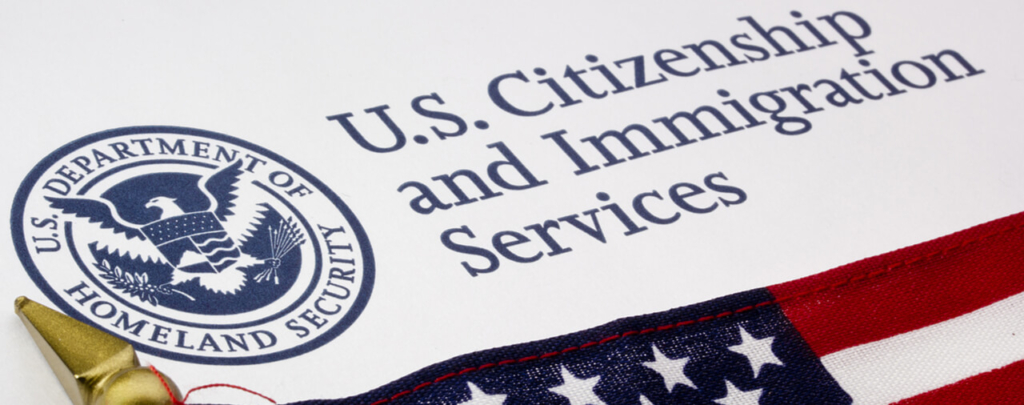On July 26, 2019, the United States Citizenship and Immigration Services (USCIS) published a message sent by Acting Director Ken Cuccinelli to the USCIS asylum offices regarding asylum and internal relocation guidance [PDF version]. The Acting Director’s guidance emphasizes the importance of determining whether asylum applicants whose claims are based on private violence may internally relocate safely within their home countries.
The Acting Director stated that the “USCIS faces an unprecedented number of aliens overwhelming our asylum system, many of whom are ineligible for asylum and are attempting to enter and remain in the country in violation of our laws.” He stated that he was issuing the message to further clarify existing policies “regarding internal relocation of an alien in their home country, eliciting testimony for credible fear screenings, and documenting outcomes.”
The message is primarily concerned with asylum cases involving private violence. The Acting Director reminded USCIS adjudicators that assessing an alien’s ability to relocate within his or her home country is especially important when the asylum claim involves private violence — in large part because Department of State security conditions reports for Northern Triangle countries indicate that private violence is not pervasive throughout all parts of the countries.
The Acting Director put the following guidance in bold: “When confronted with evidence of private violence, you must consider whether internal relocation is possible.” Department of Homeland Security (DHS) regulations at 8 C.F.R. 208.13(b)(3) provide that adjudicators should consider “whether the applicant would face other serious harm in the place of relocation; ongoing civil strife in the country; administrative, economic or judicial infrastructure, geographic limitations, and social and cultural constraints such as age, gender, health and social and family ties.”
The Acting Director stated that many asylum cases at the Southern border arise from individuals undertaking “costly and dangerous international travel — neither of which would be necessary if they sought refuge within their home country, particularly given the fact that there are areas that are generally very safe within each of the countries that currently make up the bulk of our credible fear cases.” For this reason, the Acting Director highlighted the importance of “eliciting testimony to determine if the alien attempted to internally relocate to any safe areas prior to the alien’s travel to the United States.”
Further Discussion
The Acting Director’s message does not establish formal new policy, but rather instructs asylum officers to focus on internal relocation in cases involving private violence. Former Attorney General Jeff Sessions and Attorney General William Barr published two immigration precedent decisions making it generally more difficult for asylum claims based on private violence to succeed. Matter of A-B-, 27 I&N Dec. 316 (A.G. 2018) [PDF version] [see article]; Matter of L-E-A-, 27 I&N Dec. 581 (A.G. 2019) [PDF version] [see article]. The USCIS is currently enjoined by the United States District Court for the District of Colombia from using a memorandum it published to implement Matter of A-B- in credible fear interviews [see section]. Thus, while the Acting Director did not make a broader statement on when and whether asylum claims based on private violence are viable, he issued guidance on one particular issue in such cases — internal relocation — which generally mirrors part of former Attorney General Sessions’ decision in Matter of A-B- [see section].



-1024x405.jpg)
-1024x405.jpg)
